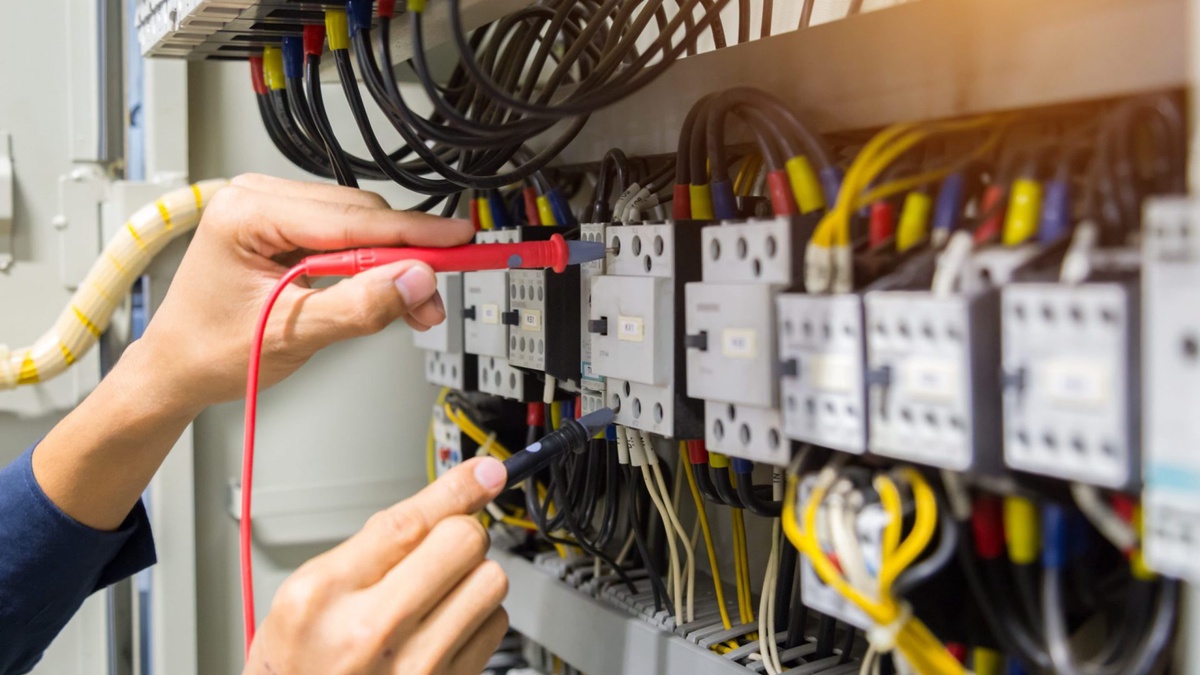When it comes to electrical work, whether you're renovating your home, adding new appliances, or simply upgrading your electrical system, one inevitable task is running new electrical wiring. Understanding the costs involved in this process is crucial for budgeting and ensuring a safe and efficient electrical system. In this blog post, we'll explore the factors that influence the cost of running new electrical wiring and provide insights to help you make informed decisions.
Factors Influencing the Cost:
Type of Wiring:
The type of wiring you choose can significantly impact the overall cost. Common options include copper and aluminum wiring, each with its own set of advantages and disadvantages. Copper wiring is generally more expensive but offers better conductivity and durability.
Distance and Accessibility:
The length of the wiring run and the ease of accessibility play a crucial role. Longer distances require more materials, which can increase costs. Accessibility issues, such as navigating through walls, ceilings, or underground spaces, may require additional labor and impact the overall cost.
Voltage and Amperage Requirements:
The electrical load and power requirements for the specific area or appliance will affect the choice of wire size and type. Higher voltage and amperage needs may necessitate thicker wires, which can contribute to higher costs.
Permits and Inspections:
Most electrical work requires permits and inspections to ensure compliance with safety codes. Permit fees and inspection costs can vary based on your location and the scope of the project. It's essential to factor these into your budget to avoid unexpected expenses.
Labor Costs:
The complexity of the wiring installation and the expertise required will impact labor costs. Hiring a licensed and experienced electrician ensures a safe and compliant installation but may come with a higher hourly rate.
Material Costs:
Apart from the type of wiring, other materials like junction boxes, conduit, connectors, and circuit breakers contribute to the overall cost. Quality materials are essential for a reliable and durable electrical system.
Code Compliance and Safety Measures:
Adhering to local electrical codes and safety standards is non-negotiable. Meeting these requirements might involve additional costs for features such as GFCI outlets, AFCI breakers, or specialized wiring for specific applications.
Tips for Cost-Effective Electrical Wiring:
Plan Ahead:
Before starting any electrical wiring project, thorough planning is essential. Identify the specific needs of the area or appliance you're wiring and create a detailed plan. This can help reduce unnecessary costs by ensuring you purchase the right materials and avoid last-minute changes.
DIY vs. Professional Installation:
While some electrical projects may be suitable for confident DIYers, it's crucial to know your limits. For complex or large-scale wiring projects, hiring a licensed electrician is often the safest and most cost-effective option. They have the expertise to navigate potential challenges, ensuring a reliable and code-compliant installation.
Bulk Purchasing:
If you're tackling a larger project that requires a significant amount of wiring and materials, consider buying in bulk. Many suppliers offer discounts on larger quantities, helping you save money in the long run. However, be cautious not to over-purchase and waste materials.
Energy-Efficient Solutions:
Explore energy-efficient options, such as LED lighting or smart home systems, which can reduce long-term energy costs. electrical in our basement. While these may have higher upfront costs, the energy savings over time can offset the initial investment.Reuse Existing Infrastructure:
If possible, leverage existing electrical infrastructure to minimize the need for new wiring. This can be particularly advantageous in renovation projects where repurposing existing wiring is feasible.
Get Multiple Quotes:
When hiring a professional electrician, it's wise to obtain quotes from multiple sources. This allows you to compare costs, services, and timelines. Ensure that the quotes are comprehensive and include all necessary materials and labor.
Schedule Off-Peak Hours:
If you're paying for labor by the hour, scheduling the work during off-peak hours or days might result in lower labor costs. Discuss scheduling options with your electrician to find mutually beneficial times.
Regular Maintenance:
Investing in regular electrical maintenance can prevent issues that may lead to costly repairs or rewiring in the future. Addressing minor problems early can save you money in the long term.
Conclusion:
Running new electrical wiring is a necessary and investment-worthy undertaking for the safety and functionality of your home or business. By understanding the various factors influencing the cost, you can make informed decisions and work within your budget. Always consult with a qualified electrician to assess your specific needs, ensure compliance with regulations, and provide an accurate estimate based on the unique requirements of your project. Remember, prioritizing safety and quality will pay off in the long run, providing you with a reliable electrical system for years to come.


No comments yet